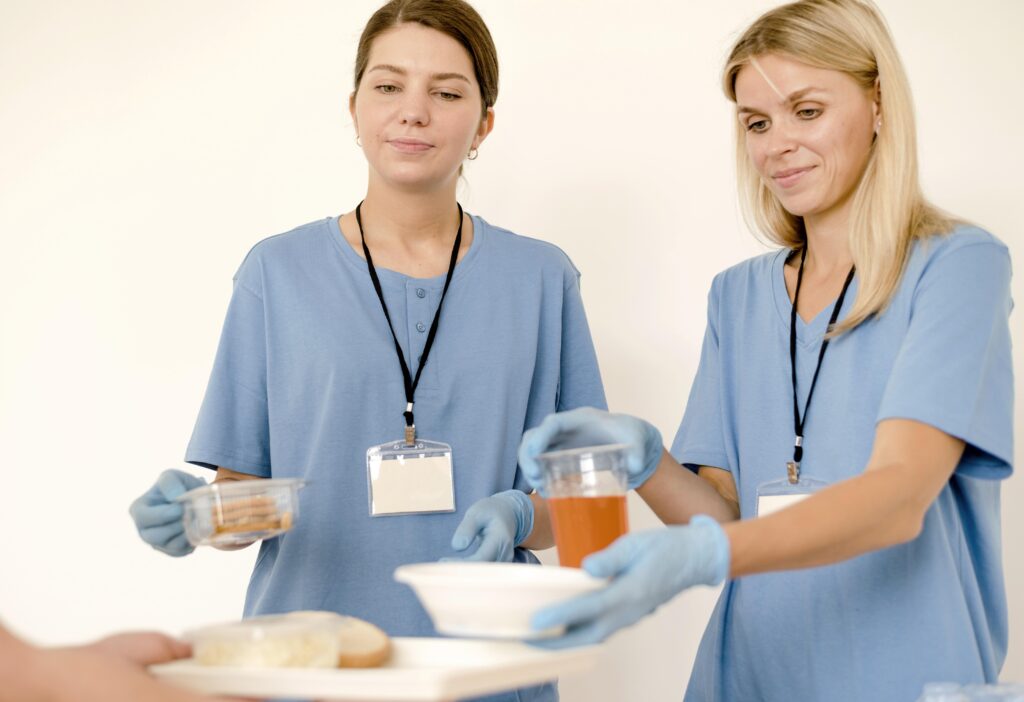Birth Center Fellowship Program
A Birth Center Fellowship Program is a specialized training opportunity designed to provide comprehensive education and hands-on experience for healthcare professionals, typically midwives and nurses, interested in practicing in birth center settings. Birth centers are facilities that provide a home-like, low-intervention environment for childbirth, offering an alternative to traditional hospital births.
Program Structure
Duration
The fellowship program's duration can vary, but it often lasts several months to a year, depending on the program's intensity and objectives.
Curriculum
The curriculum includes both didactic (classroom-based) learning and clinical experiences. It covers a wide range of topics relevant to birth center care, including prenatal, intrapartum, and postpartum care, newborn care, breastfeeding support, pain management techniques, cultural sensitivity, ethics, and communication skills.
Clinical Rotations
Fellows typically rotate through various birth center settings to gain exposure to different practices and approaches. They work alongside experienced midwives, nurses, and other healthcare professionals, participating in real birth center deliveries and providing hands-on care.
Supervised Practice
Fellows are closely supervised during their clinical rotations to ensure safe and effective care delivery. As they progress, they might take on more responsibilities under the guidance of their preceptors.
Components of a Birth Center Fellowship
Didactic Sessions
Fellows attend seminars, workshops, lectures, and discussions on relevant topics. These sessions provide the theoretical foundation for birth center care and promote evidence-based practices.
Hands-On Training
Fellows gain practical skills in conducting prenatal assessments, assisting in childbirth, postpartum care, newborn care, and handling emergencies that might arise in a birth center setting.
Patient-Centered Care
Fellows learn to provide holistic, family-centered care that respects the autonomy and preferences of the expectant mothers and their families.
Interprofessional Collaboration
The program may emphasize collaboration between midwives, nurses, physicians, doulas, and other healthcare professionals who play a role in birth center care.
Communication Skills
Fellows develop effective communication skills for building rapport with patients, explaining procedures, and supporting informed decision-making.
Benefits
Specialized Skills
Fellows acquire specialized skills and expertise in birth center care that set them apart as practitioners in this unique setting.
Career Advancement
Completing a fellowship program enhances career opportunities and makes graduates more attractive candidates for positions in birth centers.
Patient Safety
Rigorous training ensures that fellows are well-prepared to handle the challenges of birth center care, prioritize patient safety, and address complications.
Professional Network
Fellows build relationships with experienced birth center practitioners, potentially leading to mentorship and collaboration opportunities.
Eligibility
- Healthcare Background: Fellows usually have a background as certified professional midwives, certified midwives, certified nurse-midwives, registered nurses, or other relevant healthcare roles.
- Licensing/Certification: Depending on the program, fellows may need to possess appropriate licensure or certification to practice as midwives or nurses with a strong desire to open or run a birth center in the near future.

A Birth Center Fellowship Program offers a structured pathway for healthcare professionals to gain the skills and knowledge needed to provide safe, high-quality care in birth center settings. It bridges the gap between theoretical education and practical application, helping graduates become competent and confident birth center owners and directors.
